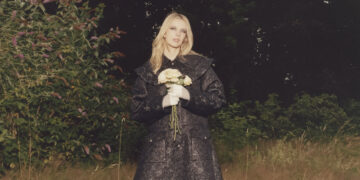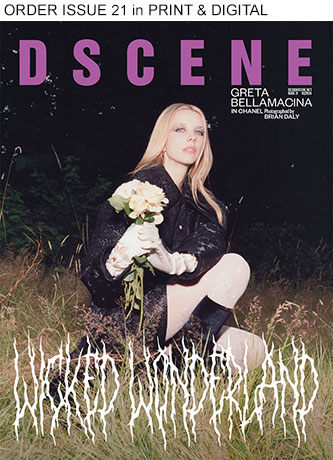
Association of Producers of Lviv Region (Ukraine), Lviv Fashion Week, and Zero Waste Lviv teamed up for Ecologica project – program that supports Ukrainian sustainable fashion brands. Ecologica program offered free creation of quality promotional materials for the five winners: professional photo and video shoot of the collection; video interview with the designers, and further promotion on social networks and in the media. The collections were selected based on the innovativeness and relevance of design, ethics, and environmental friendliness. “EcoLogica” project is implemented under the auspices of the Ukrainian Cultural Foundation. Brands non.Lbs., FRAMIORE, MIMICRY clothing, MELMANA, and POSTUSHNA are the winners of the project.


FRAMIORE is an export-oriented sustainable brand based on the concept of conscious fashion and ethical production. “I believe that every choice has consequences – either good or bad – that affect the way the world will look like tomorrow,” said Natalia Naida, brand’s founder, who represents the THANK YOU, EARTH collection in the EcoLogica program, which was inspired by the natural shapes and textures of the Carpathians. The collection is made of materials that do not harm the environment, with well-thought-out details, basic designs, and durable fabrics. The collection also has an important goal – for each item sold, the brand transfers 5% of income to the Peli Can Live charity fund, in order to plant trees and support biodiversity.

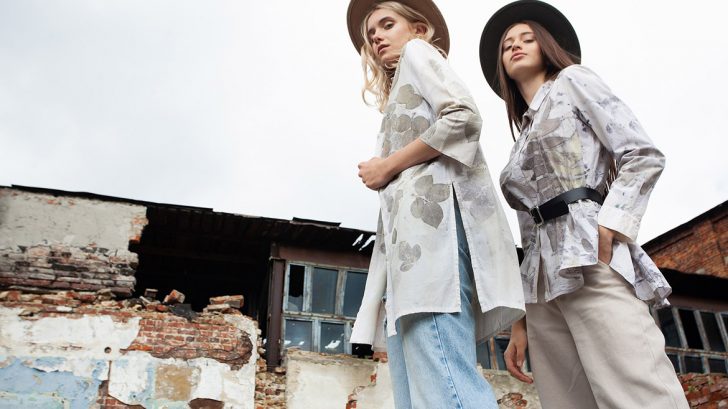
The collection MIMICRY Clothing shirt upcycling was created on the basis of high-quality clothes made of natural fabrics, which get a new life with the help of natural dyeing techniques. Mimicry is about contact with nature and the authenticity of the print: white shirts are dyed with the help of plants using a technique that has existed for centuries – plant pigments stay on the fabric after triple heat treatment. Designer Bohdana Voitenko adds prints on all the clothes herself.
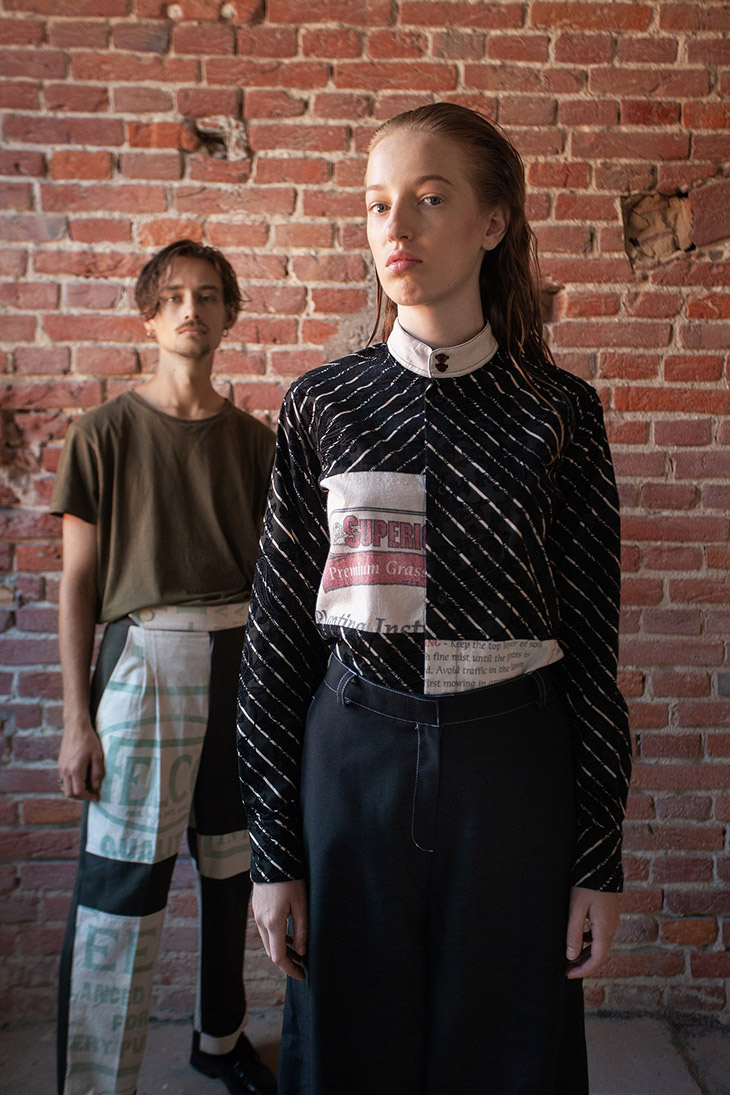
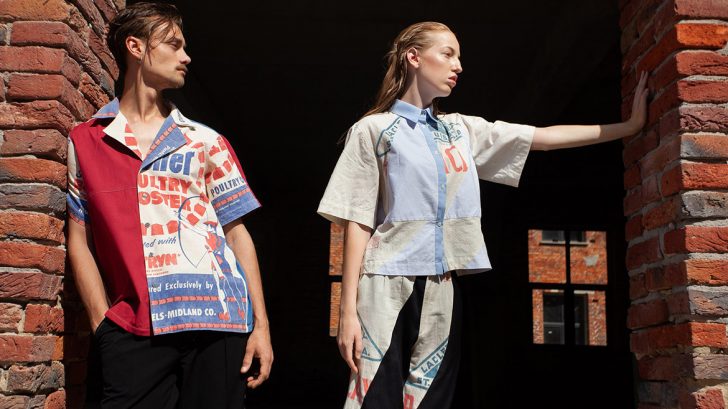
non.Lbs. is a Ukrainian upcycling brand that creates clothes from vintage fabrics and recycled clothes. American bags of the 50s and 60s, in which salt, sugar, and flour were previously transported, were the main material of the spring-summer 2022 collection. The founders of the brand Natalia Stovpova and Anastasia Kolesnik are meticulous about details: buttons in the collection are made from second-hand clothes, threads from certified manufacturers are used, labels are printed on a typewriter on recycled waste paper, packaging is made of mushroom mycelium (boxes are decomposed in the ground in 2 weeks), remnants after sewing are stored for the manufacture of new products.
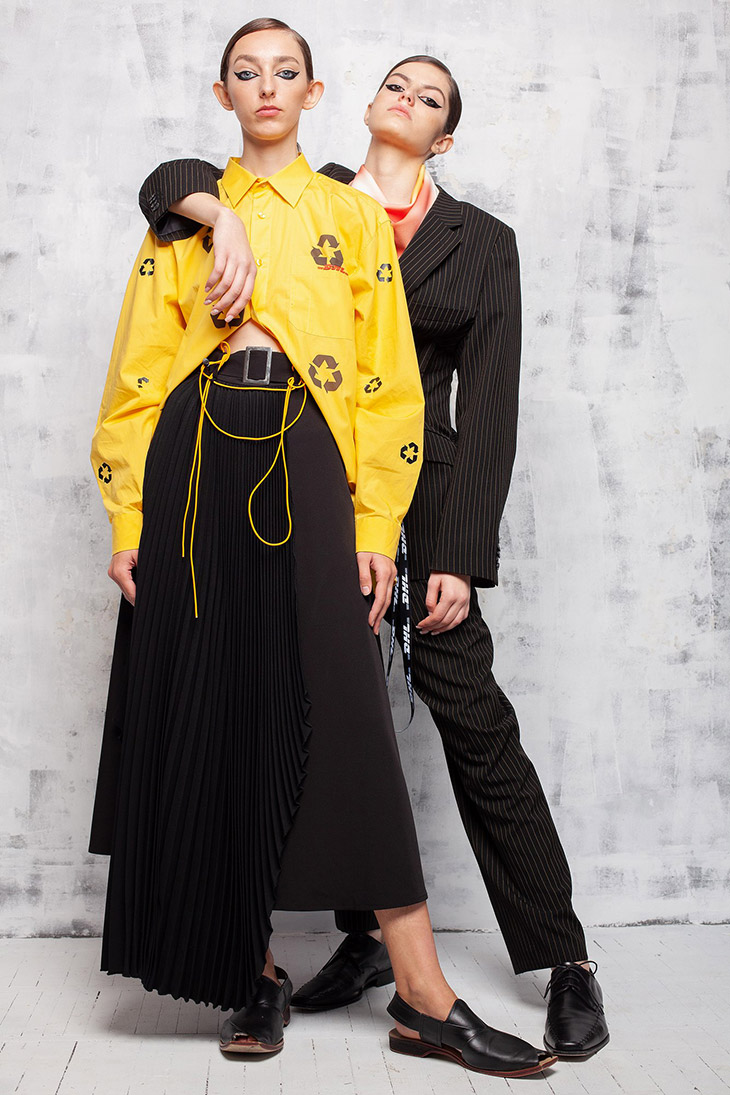
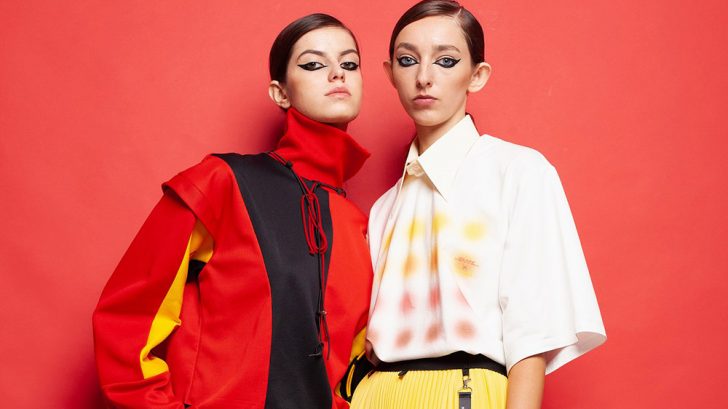
POSTUSHNA is a very young brand, founded by Yulia Postushna in 2020. POSTUSHNA clothes are made from recycled second-hand items; these are multi wear suits, which can be combined both with one another and with usual basic clothes; the fact that they are multilayered is the basic principle of their creation, as well as the principle of “functionality through the prism of aesthetics“. The upcycling collection was made on the basis of the used DHL uniform, which draws increasing attention to the problem of overalls recycling. Most of the world companies, from large corporations to small private companies, use work clothes (uniforms) for their employees, therefore, there is a problem: after the expiration date, a big number of overalls and protective equipment go to landfills.

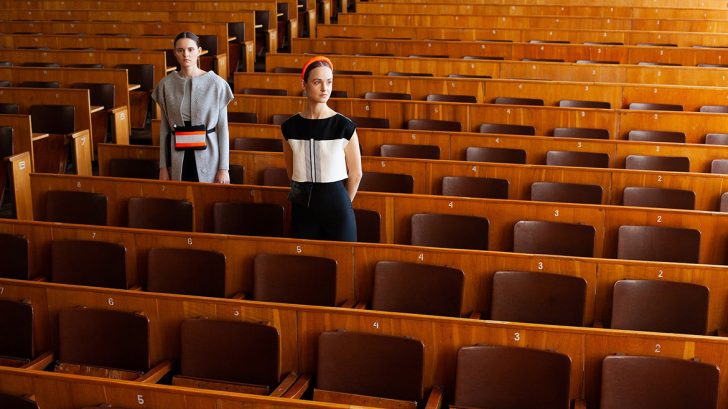
MELMANA is an upcycling clothes and accessories brand created by the designer Anastasia Melnyk-Mankovska. In the Save Yourself collection, the designer referred to the archaic image of a motanka doll, the idea of upcycling chimes with the upcycling of motanka as an object (such dolls were made of worn clothes). Used natural biodegradable fabrics (linen, wool, viscose), upcycling (reuse of linen fabrics from Austrian national costumes found in thrift shops, woolen fabrics “from snips“), minimized emissions – remnants of fabrics are used to create accessories. The clothes are complemented by Lavazzabag bags made of packs left after Lavazza coffee, which cannot be recycled in Ukraine.














